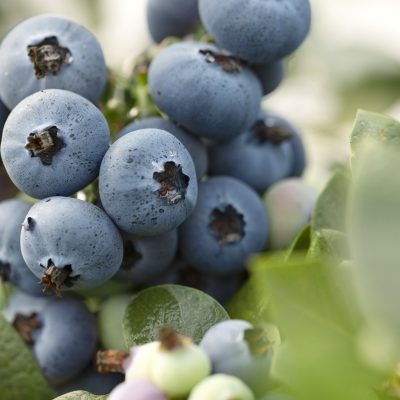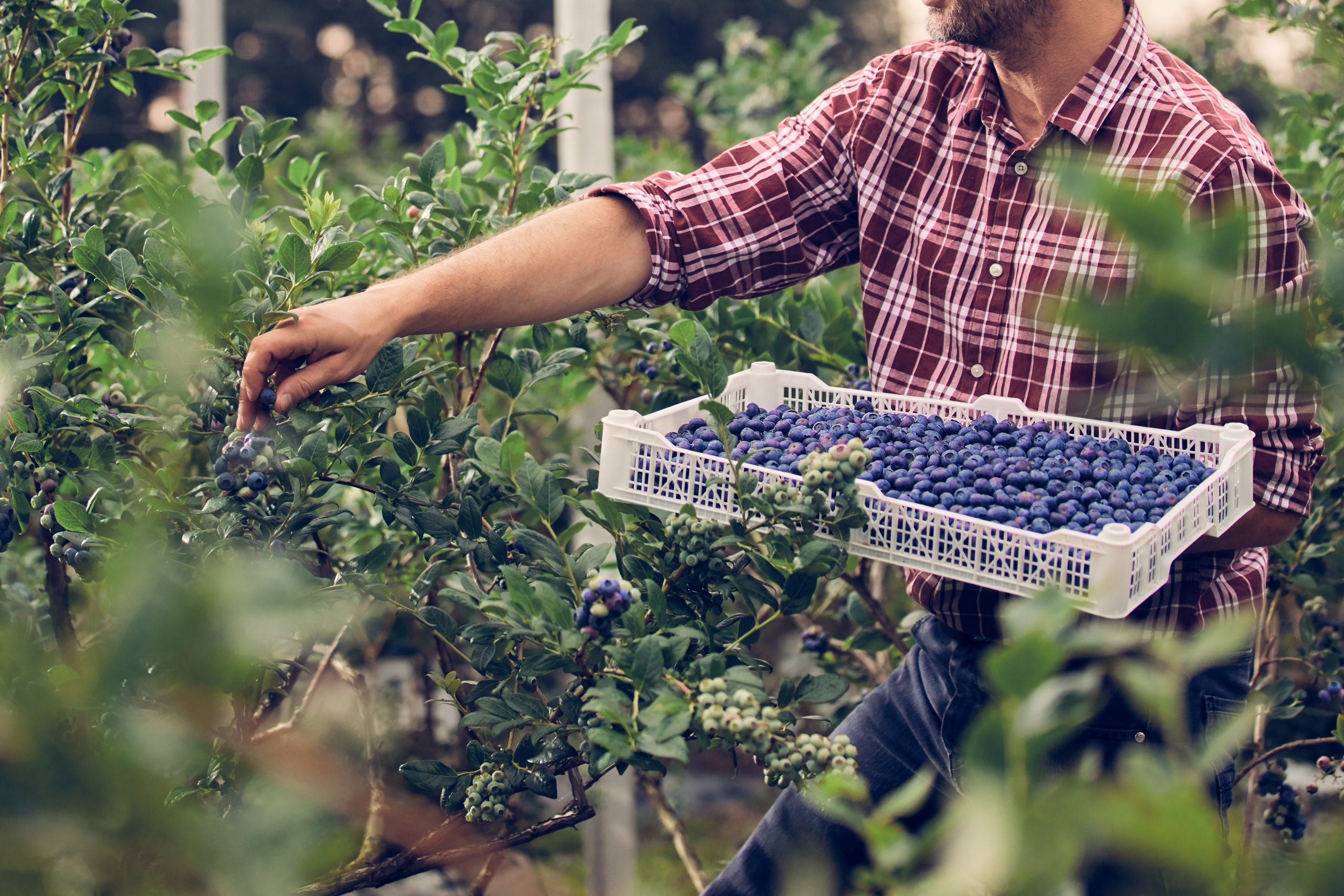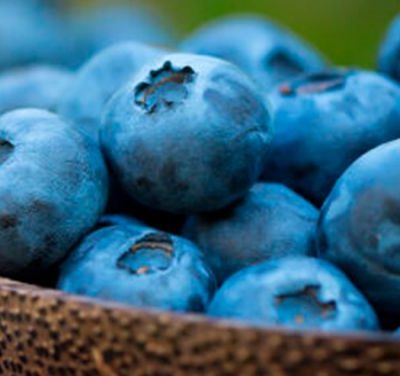Growers claim Calbuco Volcano eruption has little impact so far on blueberries, apples
While two eruptions of the Calbuco Volcano in southern Chile have disrupted local communities as well as towns over the border in Argentina, growers and traders have said their impact on fruit crops does not appear too significant on initial observations.
A Chinese industry insider based in Chile was in the area yesterday when the eruptions began and told www.freshfruitportal.com the region was mostly dedicated to livestock, but there were between 600-800 hectares of blueberries around the towns of Rio Bueno and Rio Negro.
Juan Pablo Zhang said these properties were traditionally focused on the domestic market, however the main medium-sized enterprises had been increasingly forging links with buyers in the U.S., China and other Asian markets.
“The blueberry harvest season has ended, but side effects from volcano eruptions such as sulfur and ash may affect the next blueberry production season,” he said, adding the volcano’s melting snow meant river levels would rise and potentially lead to some flooding.
Juan Pablo Hube said his blueberry fields in the region were already in dormancy with the harvest picked, and therefore the eruption would not affect any fruit.
A representative of Osorno-based blueberry company Momberg told www.freshfruitportal.com in a statement the drifting ash did not have much of a local effect because the eruption was so high and winds were favorable, but this could change at any moment.
The region remains on high alert while the possibility of a third eruption remains, but Chilean agriculturalists are not the only farmers watching the situation closely. When the nearby Puyehue-Cordon Caulle Volcano erupted in 2011, ash floated to the Argentine province of Neuquén, right in the thick of cherry season and cutting back volumes 50%. The event also cut back bee populations, with implications for the pollination of fruit.
At this time of year the closest fruit seasons in the Argentine province are for apples and pears, but Argentine Chamber of Integrated Fruit Growers (CAFI) manager Daniel Satragni told www.freshfruitportal.com the ash was still far away and he did not believe the events of 2011 would be repeated.
“I’d say that today, firstly we’re in fall [autumn], or in other words there is no fruit. So all the material that is deposited in this case is welcome because it doesn’t hit us like Puyehue did.
“Today the plants are entering dormancy and will go through the winter.”
“For everything that is in the valley zone, the productive zone, all the fruit is in the packhouses and cold storage centers, and we are in the processes of export and supplying the domestic market in a normal way.”
He said the main inconvenience from the recent eruption was the closure of the Neuquén airport.
“To me it seems to be more than anything a civil disturbance, for the urban populations and those who pass through the mountain range zone. And the issue of airports is a complication and a concern, especially for the case of Neuquén, not to mention Bariloche which is closed.”
The eruption comes almost two months after Chile’s Villarica Volcano blew its top; an event that also did not cause too much damage to fruit crops.
04/23/2015
Fresh Fruit Portal




